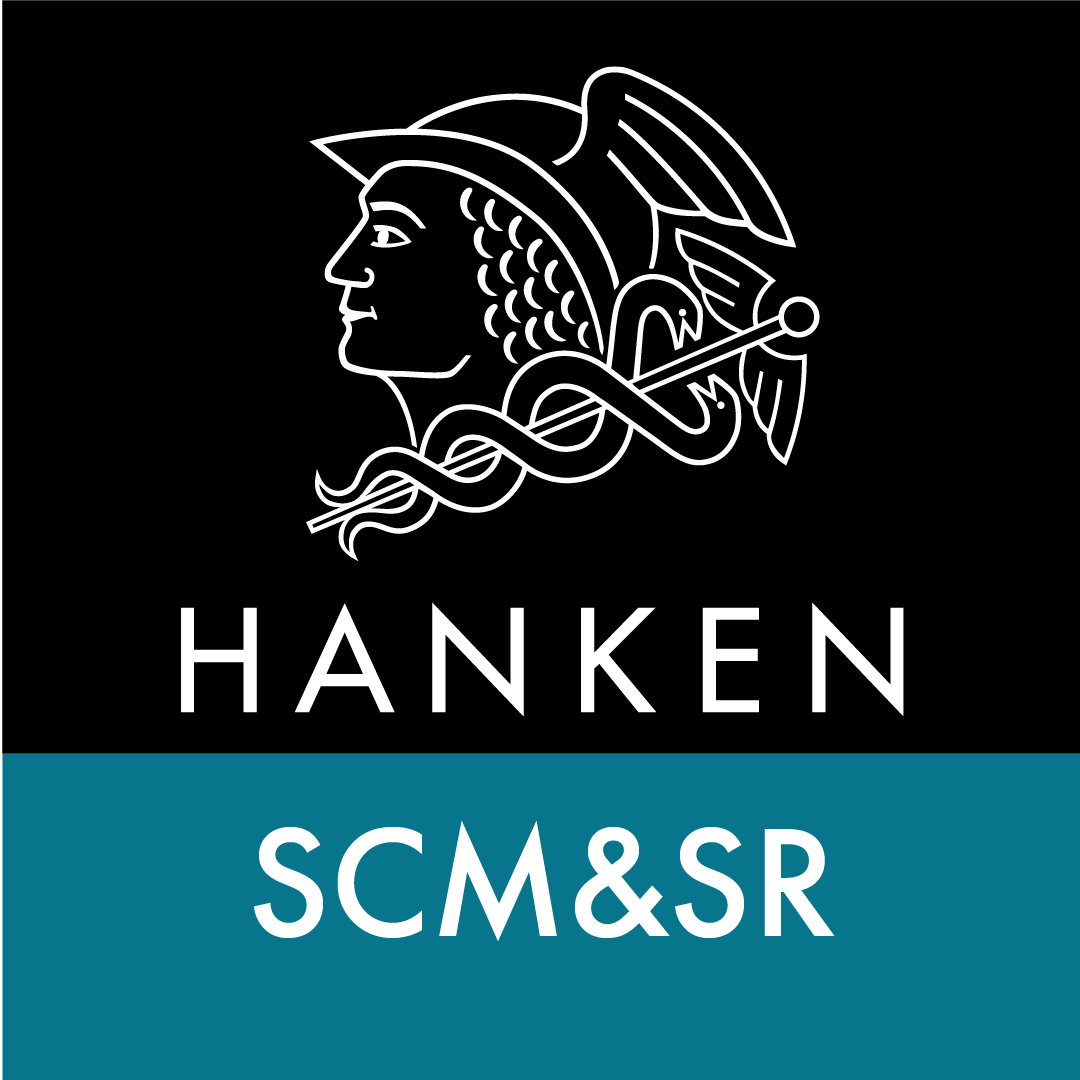Why did I decide to pursue a PhD?
After completing my master’s degree at Hanken, I worked in the industry for a few years. However, I kept thinking about my master’s thesis topic and the writing process, always with the feeling that I wanted to go back into academia to deepen and enhance my theoretical and practical knowledge of the topic.
After going through the application process, I received an email that welcomed me as a PhD student.
Secondly, I felt that the master’s thesis research topic itself required more investigation. Third, I was intrigued by the idea of embarking on a journey in which I would be in the driving seat of deciding which courses, research ideas and other skills I could choose and learn from to support my career – either in academia or going back to the industry.
Therefore, in the autumn of 2020, I sent an email to my former thesis supervisors Professor Árni Halldórsson and Associate Professor Diego Vega, asking if they thought that my research idea on sustainable energy use in the context of the humanitarian medical cold chain had the potential to go beyond the level of a master’s thesis I had written. To my delight, they both considered the topic highly relevant, strongly encouraged me to pursue a PhD, and were keen to continue the research journey with me as my PhD supervisors. After going through the application process, in the spring of 2021, I received an email from Hanken that welcomed me as their PhD student.
How was the start of the PhD journey?
I spent the first year familiarising myself with the relevant literature, framing my research, learning about methodological possibilities for my research, and thinking about potential humanitarian organisations to collaborate with. Going back to those early months, one piece of advice I would give myself is “don’t rush, don’t panic – it will all come together and make sense.” This is because I found the start of my PhD a bit overwhelming, as working as a doctoral researcher is very different from working in the industry.
The HUMLOG Institute is internationally recognised for cutting-edge research and fostering collaboration.
There was a lot to learn, from which courses to take to how to secure funding and everything in between. While also framing my research questions, I experienced moments of confusion and concern regarding the topic and my approach. However, I realised that it takes some time to clarify the research purpose, research questions, theoretical underpinnings, and methodological choices. It is a long process of turning abstract thoughts into concrete and clear ideas and results over the coming years.
What am I working on currently?
Hanken and the HUMLOG Institute are internationally recognised for conducting practical and cutting-edge research and fostering collaboration with companies and humanitarian organisations. The institutes encourage doctoral researchers to participate in international research collaborations, providing opportunities to actively engage in ongoing projects or initiate their own. I have chosen to pursue the latter option.
Halfway through my PhD journey, I initiated a year-long research project with Médecins Sans Frontières (Doctors Without Borders) Operational Center Geneva to study the transition to sustainable cold chains. The project with a humanitarian organisation has significantly enhanced my analytical and problem-solving skills since I am producing two different types of deliverables from the same project: practical deliverables for the organisation on the one hand and scholarly articles on the other.
Why Hanken and Supply Chain Management and Social Responsibility?
The PhD programme at Hanken requires four years of full-time work, which may seem like a big investment in time for one degree and one research topic. However, I would highly recommend applying if you are even slightly considering it. The four years will equip doctoral researchers with the necessary skills to continue their post-doctoral career either in academia, industry, or the third sector outside of the university.
The knowledge I have gained can be applied effectively in a variety of fields both in academia and outside it.
Either way, the skills, knowledge and experience that Hanken’s PhD graduates gain through the programme are highly recognised and valued. Although my post-doctoral plans are still undecided, I know I will continue working with topics part of my PhD research, namely sustainability and supply chain management. I am certain that my decision to pursue a PhD will be beneficial, namely for the following reasons:
- I have been able to plan and tailor my PhD course package and research project to align with my interests and the research I am conducting.
- I believe that the knowledge and skills I have gained and will gain can be applied effectively in a variety of fields both in academia and outside academia. For example, I understand how my philosophical approach to research impacts my theoretical framework and consequently, the research I carry out. Additionally, I have gained experience in teaching in a course as well as gained practical skills such as project management.
- The subject of Supply Chain Management and Social Responsibility together with the HUMLOG Institute offers an excellent, international, and motivational work community!

Sonja’s research focuses on the nexus between supply chain sustainability and supply chain resilience in the context of the humanitarian medical cold chain. Specifically, her work explores the humanitarian energy transition to foster sustainable energy access for the humanitarian medical cold chain. Through her research, she seeks to shed light on the factors that legitimise and define energy solutions in the energy-intensive and energy-dependent humanitarian medical cold chain.

